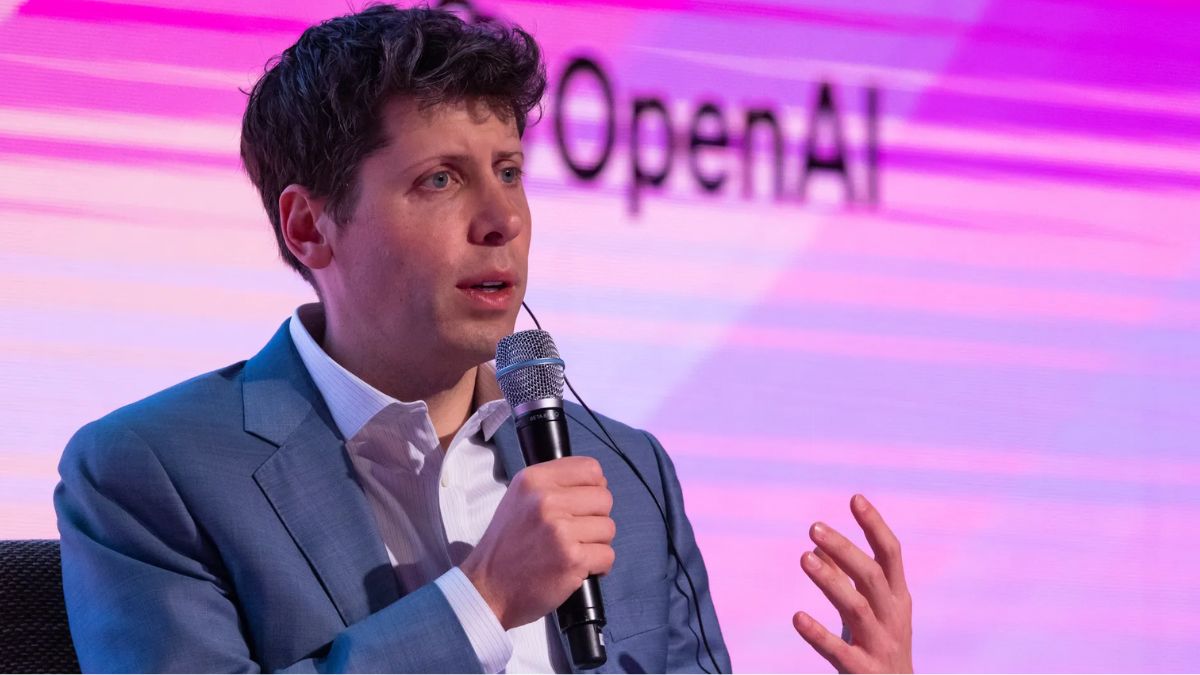Necessary Always Active
Necessary cookies are required to enable the basic features of this site, such as providing secure log-in or adjusting your consent preferences. These cookies do not store any personally identifiable data.
|
||||||
|
||||||
|
||||||
|

In Focus
Artificial intelligence is entering a decisive chapter as Sam Altman AGI prediction suggests superintelligent systems may arrive within this decade. According to a report by The Indian Express citing Altman’s interview with German daily Die Welt, the OpenAI CEO Sam Altman 2030 prediction places a concrete timeline on Artificial General Intelligence development. He stated that if by 2030 AI systems cannot perform tasks beyond human ability, he would be “very surprised.”
Jan Philipp Burgard, the interviewer, inquired about the share of current jobs that may vanish in the near future. Sam Altman replied that he thinks it is useful to talk “about the percentage of tasks, not the percentage of jobs. I can easily imagine a world where 30, 40 per cent of the tasks that happen in the economy today get done by AI in the not very distant future.”
Related Post – How the Elon Musk vs. Sam Altman Feud Could Affect OpenAI’s Quest for For-Profit Status
Altman underscored the difference between full job replacement and automation of individual functions. He estimated that AI replacing repetitive tasks could eventually account for 30–40 percent of tasks currently executed in global economies. This reframing shifts the debate from unemployment fears to workplace transformation and efficiency redistribution. In other news, Sam Altman has made a surprising admission about the current state of artificial intelligence investments.
The comments also highlight OpenAI CEO on superintelligence concerns, as Altman cautioned that the advent of AGI would bring unforeseen consequences. Aligning these technologies with human values, he argued, remains a central challenge for developers, policymakers, and businesses.
As reported by The Indian Express, when asked about when superintelligence, or AGI, will be “smarter than humans in all aspects”, Altman said that while GPT5 is already smarter than him and a lot of people, AGI may arrive before the end of the decade. “If we don’t have models [by 2030] that are extraordinarily capable and do things that we ourselves cannot do, I’d be very surprised,” he added. Most recently, OpenAI pledged $250M investment in a brain-computer interface startup rivaling Neuralink.
For the B2B sector, the Sam Altman AGI prediction raises crucial considerations. Business leaders must weigh investments in AI-driven tools against the need to reskill employees for evolving roles. Governments and regulators may also be prompted to establish oversight structures for technologies with potentially global economic impact. In a significant move, OpenAI restructures to transition from a non-profit to a for-profit model, aiming to attract a broader range of investors.
While Altman’s remarks reflect optimism about AGI’s role in productivity, they simultaneously highlight the necessity of preparing for disruption. From manufacturing to professional services, leaders across industries face both opportunities and challenges as AI integration reshapes operational models and strategic planning.